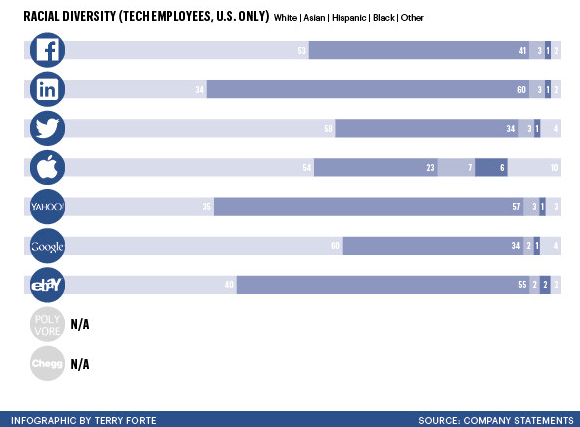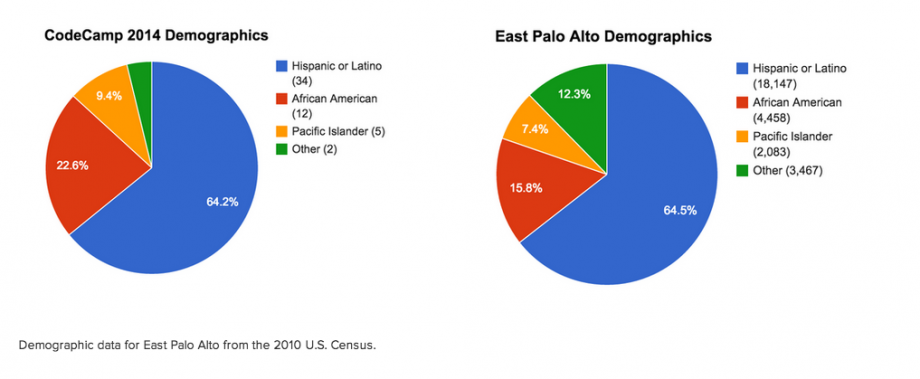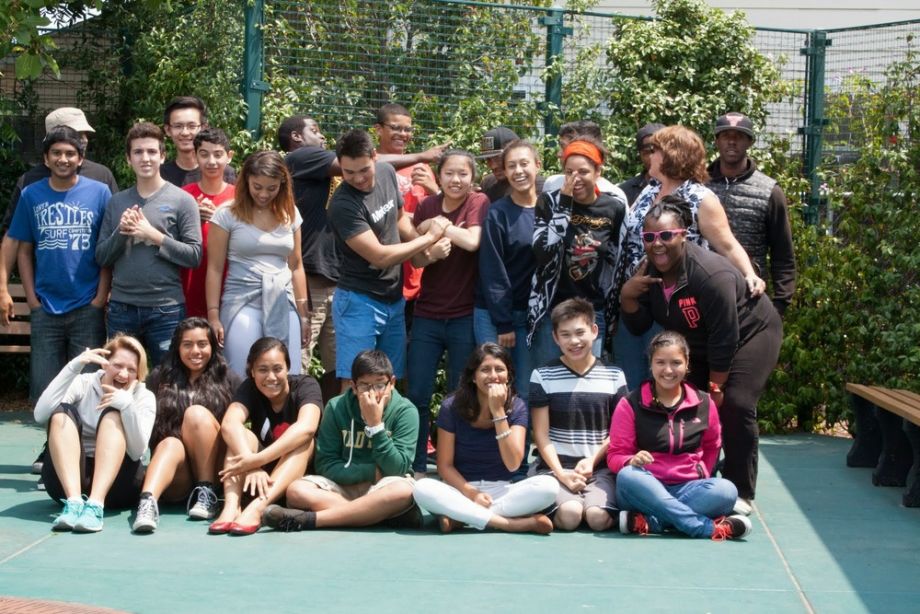When Kia Strong started working for the Bed-Stuy café/entrepreneurship program Reconnect in Brooklyn last fall, he expected to work on the marketing and website development for the business, and do a little mentoring of at-risk male teens.
Instead, he started feeling like he was performing some of the tasks that a social work case manager might. “[Young men] are supposed to come in, get some basic skills and go on to do bigger and better things,” he explains. “It’s hard to do that though when you don’t have a Social Security card or an ID or a birth certificate — basic identification skills that everybody needs to have an official job.” Strong would end up letting the teens use his phone or laptop just to have access to the Internet.
With the Internet and technology at the center of one of America’s prevailing entrepreneurship narratives, this digital barrier keeps out people — potential high-tech entrepreneurs — who otherwise have the willingness, ability and knack for business that the U.S. startup myth so often touts.
The Myth
The tech world is often depicted as an incredibly alluring path to wealth, but that road to riches is also famously barricaded. Women, blacks, Latinos and low-income individuals lack access to startup funding, knowledge of cultural codes and interpersonal connections that funnel people into the innovation economy.
For the underprivileged communities in cities with thriving tech hubs, the isolation from that wealth is especially disheartening. As the Center for an Urban Future noted last year in “Launching Low-Income Entrepreneurs,” the challenges don’t include lack of talent or sweat equity. These are communities where “side hustles” proliferate, but many of those entrepreneurial efforts aren’t captured in statistics (either because they’re off the books or illicit) and don’t lead to long-term wealth. Opportunities to leverage that business energy into entering the startup economy are few and far between.
The Barriers
“If you happen to be lower-income,” says Gregory Fairchild, a University of Virginia business professor, “you probably know other people who are also lower-income.”
Barriers to entrepreneurship include lack of access to financial resources like capital from friends, family, local financial institutions and credit lines. Compounding that is the dearth of informational resources on every level of starting a new business. This includes affordable legal, financial and business management. Furthermore, if an entrepreneur wants to employ people within their network, they have to be concerned that their employees will have the same financial stressors and constraints as they do, “in ways that higher-income people who have to assemble a team wouldn’t have to worry,” says Fairchild.

(Credit: Silicon Valley Business Journal)
“Palo Alto and San Francisco Bay are two of the technology hub centers of the entire planet,” Fairchild says, “yet East Palo Alto is a big, lower-income, high-poverty area. Physically, it’s right next to the biggest technology firms in the world. It’s literally a bridge between Palo Alto and East Palo Alto, but that bridge is incredibly long and far longer than any physical distance.”
The Opportunities
Although the task of providing support and expertise to make the tech community more equitable seems monumental, there are resources available in many cities that attempt to address these issues, in portions.
In East Palo Alto, Stanford students Rafael Cosman and Shadi Barhoumi founded CodeCamp this past summer. The free summer camp taught programming, web design and entrepreneurship to 53 students. The students met with programmers and designers from Google, Facebook, Yahoo and Meteor. The demographics of the camp reflect East Palo Alto and immerses previously overlooked Silicon Valley youth in tech culture.

(Credit: CodeCamp)
On the national level, Digital Undivided develops programs that “increase the active participation of urban communities, especially women, in the digital space.” Its FOCUS Fellows program is a residency incubator and mentorship and entrepreneurship program that culminates in an annual #FOCUS100 conference, which bills itself as “The Most Diverse Tech Conference in The World.”
The program boasts that while black-owned companies only receive less than 1 percent of all venture funding, 30 percent of FOCUS Fellows have raised angel and venture funding. This speaks to how critical it is to have conduits like Digital Undivided around to create nurturing support and mentorship networks.
Despite the lack of digital access for teens he worked with at Reconnect, Strong saw strong potential in Brooklyn just waiting to be tapped.
“For a lot of the guys, it’s not their first experience selling stuff,” he says. “If you’ve been to New York, you know that everyone’s got a hustle. There was this cool Middle Eastern dude whose dad ran the corner store, and I’d help him with his homework sometimes, and he was always trying to sell me something — two cookies for the price of one or knock-off Beats headphones. There’s a lot of this entrepreneurial spirit that’s crafted in that environment.”
The Equity Factor is made possible with the support of the Surdna Foundation.

Alexis Stephens was Next City’s 2014-2015 equitable cities fellow. She’s written about housing, pop culture, global music subcultures, and more for publications like Shelterforce, Rolling Stone, SPIN, and MTV Iggy. She has a B.A. in urban studies from Barnard College and an M.S. in historic preservation from the University of Pennsylvania.

















